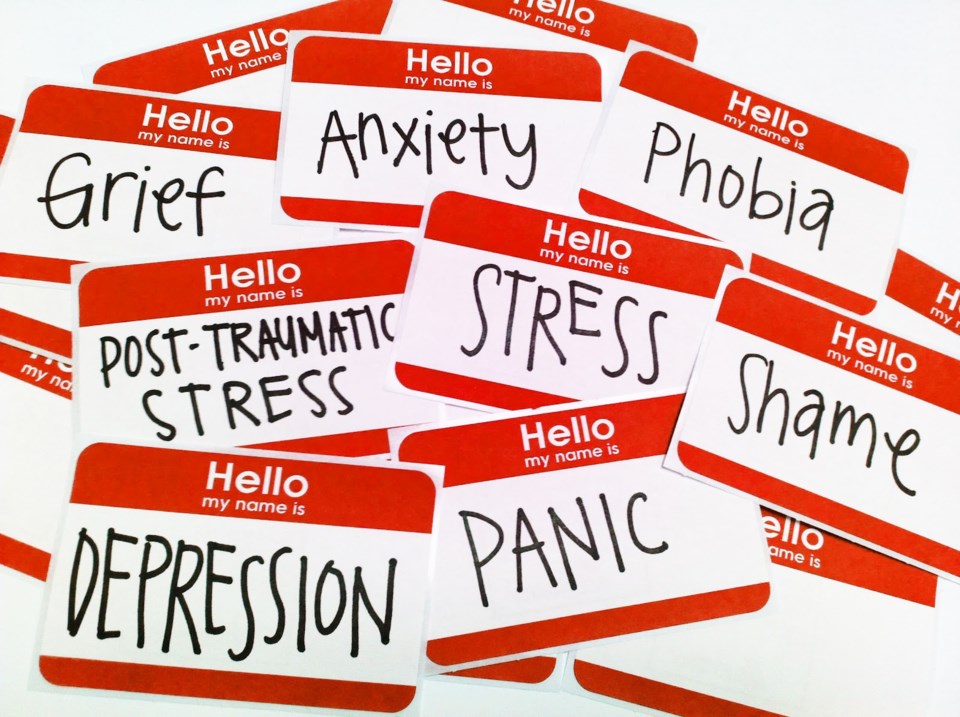Two out of three people with a mental health condition fear stigma and suffer in silence, afraid of judgement and rejection. And even when people want help for their illness – and have parents and other loved ones to support them – treatment programs don’t often value family participation.
Jim understands this scenario.
As the father of a vulnerable adult with significant mental health challenges, Jim has experienced firsthand how finding care that recognises the importance of family support for a loved one struggling with a mental condition is crucial in breaking down this stigma and supporting their recovery.
“I’m training to become a social worker so I know what good care for a vulnerable adult should look like,” says Jim. “I feel that as parents we had to be there to support our son through his illness.”
Jim and Sue’s son started receiving care at the Burnaby Centre for Mental Health and Addiction, a residential treatment facility for people with mental health and substance use concerns, at a time when they were feeling frustrated and not sure where to turn.
Their son had aged out of a program for early psychosis intervention, but they hadn’t managed to find something that fit the level of care their now adult son required to address his continuing mental health and substance use issues.
“Supporting a vulnerable loved one through a mental health condition, like my ex-wife Susan and I continue to do with our son, requires a large degree of collaboration based on trust,” says Jim. “That collaboration is between ourselves and our son, but also between us as a family and the health care team supporting him.”
Jim began feeling a sense of relief at having his son placed at the Burnaby centre when he first met Rick Johal, a social worker who became involved in his son’s case. When Jim speaks about Johal, it is clear from the emotion in his voice that he made a huge impact on his family.
“Rick gave us his email address and phone number, I promised him we wouldn’t abuse this privilege by calling him too often, but he told us to not hesitate to contact,” Jim says. “Rick told us that this was our right as our son’s parents. He showed respect and was extremely conscientious.”
For Jim, being actively engaged in his son’s care was crucial to feeling validated and involved in what was going on. It also showed that they were taking what he and his son were saying seriously.

“Rick scheduled proactive weekly phone calls and got other members of my son’s care team involved to answer our questions. He brought our family together as part of the team and helped us support our son.”
For Johal, the benefits of involving family members are many.
"One of the best predictors of outcome for someone with mental health and substance use issues is the level of support after they leave the centre. Having family members who are actively involved and understanding of the treatment and how to provide that kind of support to their loved one after they leave is really important,” says Johal.
"On top of that, families have years and years of knowledge of their loved ones and that wealth of information about what’s going on with them. Families are part of the team helping people get back on track."
Jim’s son is now living independently, but he still requires support from his mum and dad, who are helping him to do things, like stick to a good diet. They remain hopeful that he’ll develop new skills and gain greater independence as time goes on.
To anyone else who has a loved one with mental health issues, Jim’s advice is to listen to and support them while still respecting their child’s autonomy.
“Our son is an adult who values his independence, but he also knows we are there for him if he needs us,” says Jim. “Rick and the Burnaby centre showed us what treatment for vulnerable adults can look like when you invite family members in.”
Quick facts:
- One in five Canadians will be diagnosed with a mental health condition at some point in their lifetime.
- Stigma is the number one reason why two-thirds of those living with a mental illness do not seek help.
- The Burnaby Centre for Mental Health and Addiction is the only is the only program of its kind in Canada. It doesn't just treat substance use issues, clients also have serious mental health issues and often histories of trauma, which are often part of why they use.
To receive treatment at the Burnaby Centre for Mental Health and Addiction, you need a referral from a health care professional.



